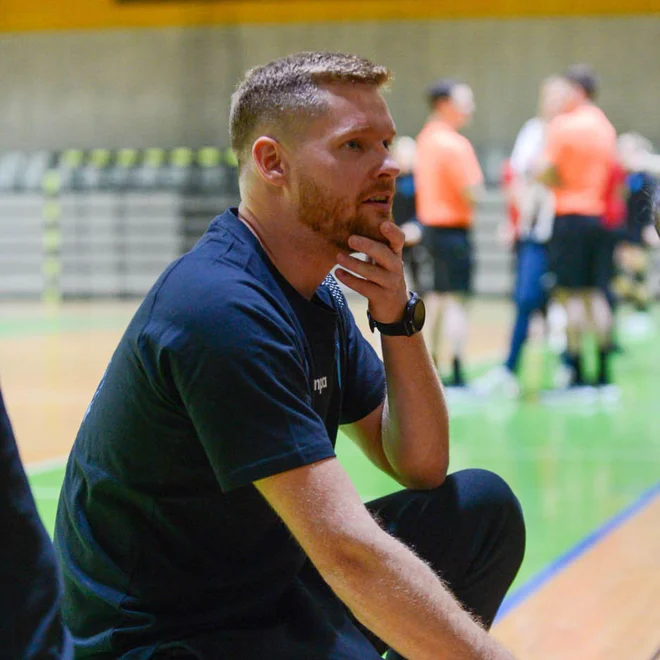The House of Representatives recognizes unanimous suffering from distance mothers and children. Hurry is offered for recovery, those involved say
:format(webp)/s3/static.nrc.nl/bvhw/files/2024/12/data125012471-d499c1.jpg)
On Tuesday, the House of Representatives unanimously adopted a motion in which recognition is pronounced for the suffering of an estimated thirteen to fourteen thousand unmarried mothers who had to give up their children between 1956 and 1984. The motion, submitted by Michiel van Nispen (SP) and Ingrid Michon (VVD) and co -signed by members of different parties, is an important step in a process that has been going on for years.
« Historical injustice, in the Netherlands, that continues to this day, » said Van Nispen last week during the submission of the motion. The motion expresses recognition for « the great loss, suffering and injustice that thousands of unmarried mothers and children were affected at the time » and emphasizes that this has caused lifelong pain in both mothers and children, and other loved ones.
In addition to the pressure from society, the state has also played a role in these practices, the petitioners say. Moreover, several studies have been conducted in the last ten years of distance and adoption, « where taking measures has been moved ahead, while in view of the age of the mothers, it is hurry. » At the moment, a study has been conducting for two and a half years led by Micha de Winter, the results of which are expected on 19 June. Yet the SP and VVD think it is important that the room itself is already taking this step for recognition.
Read also
Appeal distance mothers feels as the last chance of recognition: ‘After a month you forgot that you had a child, they said’
A prelude to apologies
It is a historic moment, says Ellen Venhuizen, chairman of Stichting De Nederlandse Distance Mother (DNA). « The highest organ in our country recognizes black and white that was wronged and that the state had a role in that – we’ve been fighting for that for years. » We are no longer a difficult file that is being shifted, but we are now being seen, also emphasizes Barbalique Peters, distance child and board member of the past in sight. We are on the right track, but this motion is a start, the women say. « It’s a prelude to apologies, » says Peters, « because now the question is: what will recognition look like? »
That question is relevant after the recent ruling in the appeal of distance mother Trudy Scheele-Gertsen and Bureau Clara Wichmann. The Hague Court of Appeal declared the case barred, but at the same time called for the state to greater care and transparency in the recognition process. « Many of us are old, this process should not take another five years, » emphasizes Venhuizen. She hopes to sit down with the ministry soon to discuss what sequel will receive the motion. « Many mothers hope for something tangible, for example a place where they can go to commemorate. »
Read also
Distance mothers lose an appeal, but Court is strict towards the state: ‘This is a file full of suffering’
Letter from your mother
Teun Struycken, State Secretary for Legal Protection, says in writing that it is « enormously sad what distance mothers and other stakeholders have experienced. » He considers it « very important that it becomes clear what exactly happened in the past, including the role of the Dutch government. » Due to the ongoing investigation, Struycken will only talk to mothers and children after receiving the winter research report. « After the summer I will come to the Lower House with a response to the report; then attention will also be paid to opportunities for recovery and recognition for this suffering. »
In countries such as Ireland, Australia and Canada, considerably more hurry has been made with formal apologies and recovery measures. « The Netherlands is lagging behind, » says Peters. « An important motion has been adopted this afternoon that is intended to make our adoption files fully accessible. » In addition, it had to be possible to add a ‘letter from your mother’ to a file in the National Archives. That would give distance mothers the opportunity to correct inaccuracies or incompleteness in their file.
Venhuizen: « I read comments in my file that miss context, for historiography I want to add my own story to that. » Peters calls it a crucial step: « It is not just about recognizing what happened, but also about accessibility of information and about recovery measures that do justice to all involved. That process has now finally started. »

:format(webp)/s3/static.nrc.nl/images/gn4/stripped/data129343706-708292.jpg)
/s3/static.nrc.nl/images/gn4/data133317775-d0126f.jpg)
:format(webp)/s3/static.nrc.nl/bvhw/wp-content/blogs.dir/114/files/2021/11/trujilo-vierkant.png)
/s3/static.nrc.nl/images/gn4/stripped/data133311162-89da16.jpg|https://images.nrc.nl/0GhfYXflp44vL8qLyvwS0lBuz-I=/1920x/filters:no_upscale()/s3/static.nrc.nl/images/gn4/stripped/data133311162-89da16.jpg|https://images.nrc.nl/eiTEPfNVErZvLkKwpzeS_a75FXk=/5760x/filters:no_upscale()/s3/static.nrc.nl/images/gn4/stripped/data133311162-89da16.jpg)




